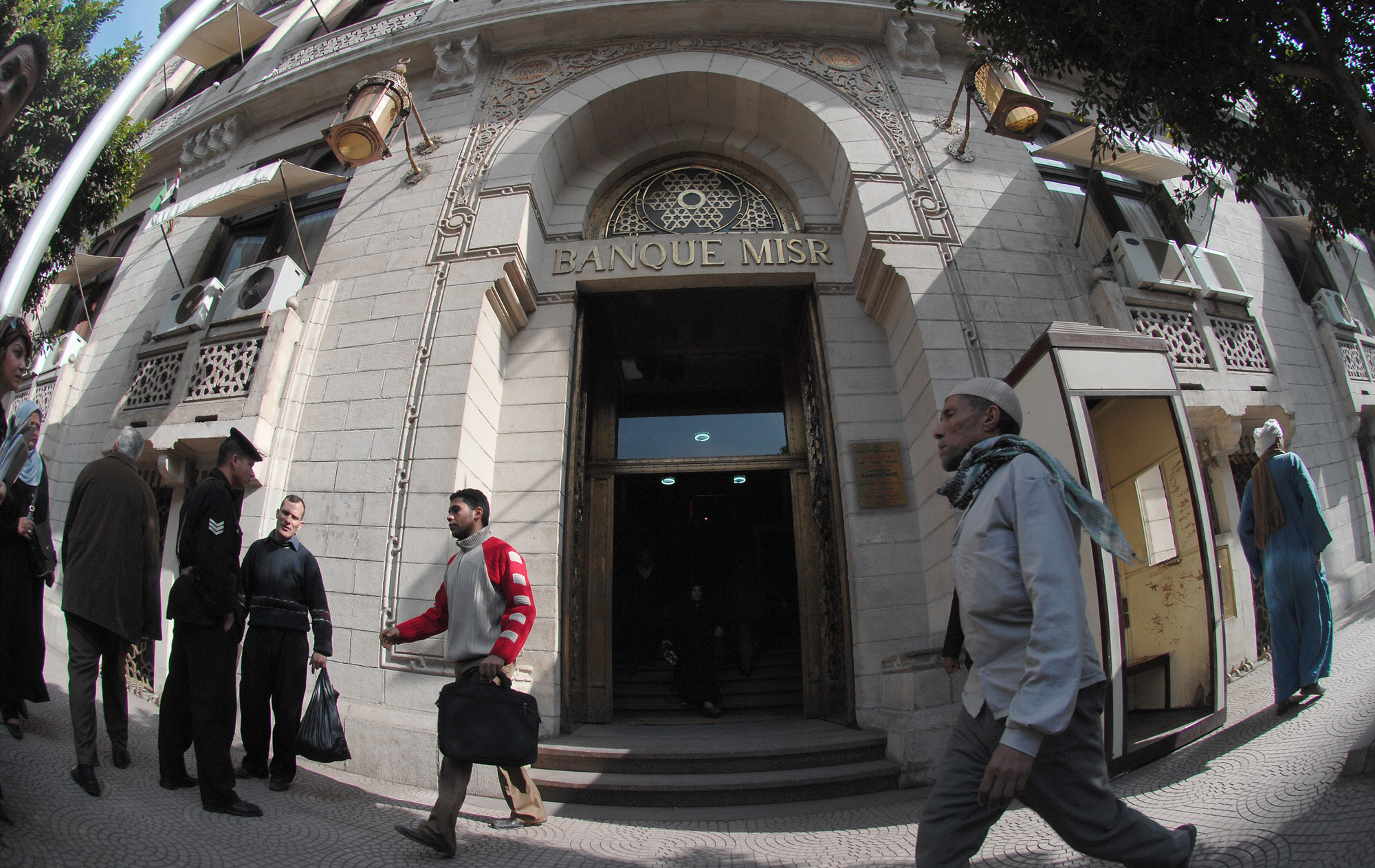CAIRO: Prime Minister Essam Sharaf said in a speech broadcast on state TV Thursday evening that the caretaker government managed to control the economic drain the country has been going through over the past three months.
"The government succeeded in halting the economic decline, starting a new phase based on transparency, principles of social justice and fighting corruption," Sharaf said in his speech, marking over 100 days since the cabinet took office on March 3.
Sharaf said the government took over the country during exceptional circumstances, following the success of the January 25 uprising.
"The government had to deal with [tough] crises that we inherited from the former regime, carrying out a number of basic responsibilities; the first of them was to reformulate the political life and move to democracy, real democracy that we should respect even before the world does," he said.
According to Sharaf, in order to achieve such goals, a number measures had to be taken like legislative reform, allowing the establishment of political parties as well as preparing for an environment to draft a new constitution and hold parliamentary and presidential elections.
"We had a dramatic decline in economic indicators, lack of security and sectoral demands, which we would call humane calls. We are convinced with the legitimacy of such requirements …but [we have to] focus on working [more and producing more]. And [the government] will do its best to realize them," he said.
"Egypt’s stance towards foreign policy, whether the Palestine cause, the Nile Basin issue or international human rights conventions, had to immediately tackled," he added.
For the first time maybe in decades, Sharaf explained, the Egyptian economy witnessed a dramatic decline. In the beginning of March, the gross domestic products (GDP) dropped by 4.2 percent compared to last year, he said.
On Wednesday, the cabinet approved a budget for fiscal year 2011-2012, boosting spending in social programs to meet growing demands from the people after an 18-day nationwide uprising that ousted former president Hosni Mubarak on Feb. 11.
The budget totals LE 490.6 billion, reflecting a spending increase of 14.7 percent over the current fiscal year, while revenues are forecast at $59 billion, $9 billion more than the year before. A statement released by the Cabinet said the deficit is expected to drop to 8.6 percent of GDP, compared to 9.5 percent for the current fiscal year.
In his speech, Sharaf said the government is committed to securing the basic needs of citizens despite the drop of resources and the security situation in Egypt. Other challenges included the attempts to retrieve the funds seized by former corrupt officials, he added.
He added that the productions of all major sectors like industrialization, construction, transport, trade and above all tourism, suffered a dramatic decline.
The losses resulting from the closure of the stock market amounted to LE 81 billion. "All these and others were [serious] indicators," he said.
The premier said incidents of sectarian strife as well as the victims of the revolution, whether the missing, the injured or the martyrs, represented important tracks the government has been handling. He numerated a number of achievements and measures taken to overcome such obstacles.
Important results have been achieved such as the increase tourism with 800,000 tourists visiting Egypt in May compared to 500 in March and 200 in February, he explained.
He noted that the rise in the purchase of cement and steal reflects the growth of the construction sector, vowing to take legal action against the illegal construction of buildings over agricultural lands.
Sharaf highlighted a recent increase in non-oil exports as well as stability in foreign currencies derived from the transactions of Egyptians working abroad as well as the revenue of the Suez Canal.
"[Such achievements] reveal trust of the world in us as well as that of Egyptian expatriates in their homeland," he said.
Sharaf explained that any government taking over after a revolution moves the country from an old system full of problems and deficiencies to a new one that handles such issues. This is a government that came after the revolt, also dubbed the “revolution government."
"Ours is a crisis-management government … whose new system is based on the great slogans chanted in [Tahrir] square, freedom, democracy and social justice," he said adding that the cabinet aims to smoothly move toward a stable system for those to take over. –Additional reporting by AP



